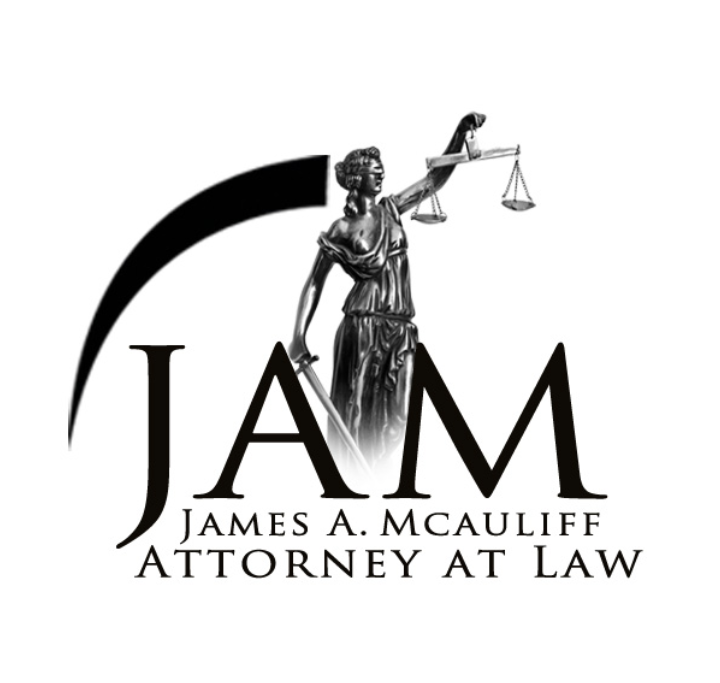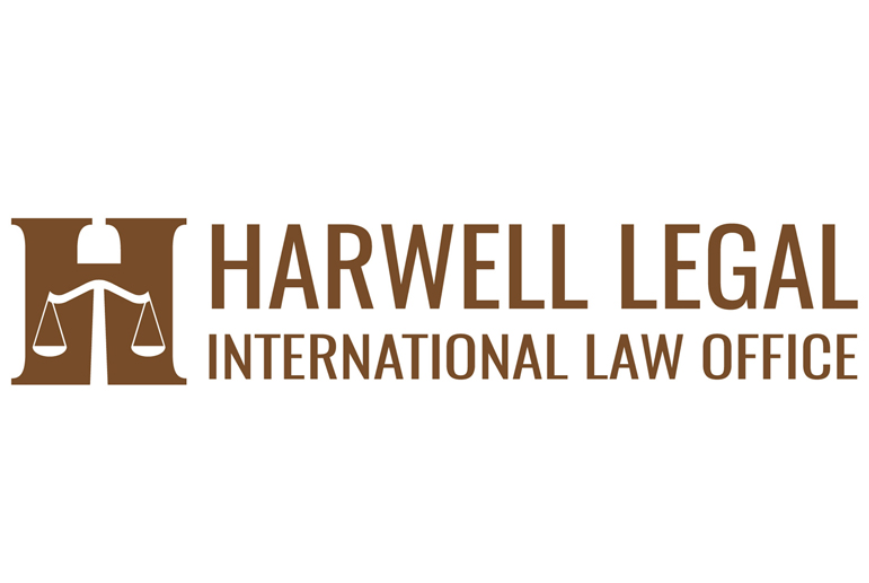Essential Legal Insights Every Tenant and Landlord Must Know

Navigating the world of rental agreements can be a daunting task for both tenants and landlords. Whether you’re signing your first lease or managing multiple properties, understanding your rights and responsibilities is crucial to fostering a harmonious living arrangement. In this blog post, we’ll unravel essential legal insights that every tenant and landlord must know to protect their interests, avoid common pitfalls, and create lasting relationships built on trust and transparency. From deciphering complex lease terms to understanding eviction procedures, we’ve got you covered! Dive in as we equip you with the knowledge needed to thrive in today’s rental market—because informed decisions lead to happier homes.
Lease Agreements: The Foundation of Your Relationship
A lease agreement is the backbone of the landlord-tenant relationship. It clearly outlines the terms of the rental, including rent amount, payment due dates, security deposits, and any rules the tenant must follow. As a tenant, always read the lease thoroughly before signing. Make sure it’s clear about things like rent increases and maintenance responsibilities. As a landlord, ensure the lease complies with local laws, especially regarding security deposits and eviction procedures. A solid lease agreement can help prevent misunderstandings down the road.
Tenant Rights: What You’re Entitled To
Tenants have certain legal rights that protect them from unfair practices. These rights can vary by state, but generally, tenants are entitled to a safe, habitable living space. This means your landlord must maintain the property and make necessary repairs. Additionally, tenants have the right to privacy, and landlords cannot enter without notice unless there’s an emergency. Familiarizing yourself with your local tenant protection laws is essential, as these can include protections against discrimination and wrongful eviction.
Landlord Responsibilities: Maintaining a Safe Property
Landlords have the legal responsibility to keep the rental property in good condition. This includes ensuring the property meets safety codes, providing essential services (like water and heat), and making repairs promptly when needed. Landlords are also responsible for addressing hazardous conditions that could cause harm to tenants, such as mold or broken electrical systems. Neglecting these duties could lead to legal action or loss of rental income, so it’s essential to stay on top of maintenance tasks and respond to tenant complaints quickly.
Security Deposits: What They Can and Can’t Do
Security deposits are a standard part of most rental agreements, but both tenants and landlords need to understand how they work under the law. Typically, landlords can ask for a security deposit to cover any potential damages or unpaid rent. However, the deposit must be returned to the tenant after they move out, minus any deductions for damage beyond normal wear and tear. Many states have laws about how much a landlord can charge for a security deposit and how quickly it must be returned. Knowing these rules ensures that both parties are treated fairly.
Evictions: The Legal Process You Need to Know

Eviction is a serious legal matter that should only be pursued when necessary. If a tenant fails to pay rent or violates the lease agreement, a landlord may begin the eviction process. However, landlords cannot simply force tenants out; they must follow a legal process that involves giving notice and, if necessary, going to court. On the other hand, tenants are protected from wrongful eviction. If the eviction process isn’t handled according to state law, tenants may have grounds for legal action. Both parties should understand the proper steps to avoid complications.
Rent Increases: What’s Fair and Legal?
Landlords have the right to raise the rent, but they must do so in compliance with local laws. Many states have rent control ordinances that limit how much rent can be increased and how often. For example, rent increases might be restricted to a certain percentage annually or may require notice to be given well in advance. Tenants should be aware of their local rent control laws, as they can vary widely. Similarly, landlords need to ensure that their rent increase practices are legal and clearly stated in the lease agreement.
Fair Housing Laws: Protecting Against Discrimination
Both tenants and landlords should be aware of fair housing laws, which protect people from discrimination based on race, gender, religion, disability, and other protected categories. These laws apply to all aspects of the rental process, including advertising, lease negotiations, and eviction proceedings. If you’re a tenant, you have the right to a rental free from discrimination. As a landlord, it’s important to ensure that your practices and policies don’t inadvertently discriminate against prospective tenants. Violating fair housing laws can lead to costly lawsuits and damage to your reputation.
Ending a Lease: Know Your Rights
Whether you’re moving out or choosing not to renew a lease, understanding the process for ending a lease agreement is crucial. As a tenant, you generally need to give notice a certain number of days in advance (usually 30 days) before moving out. If you break the lease early, you could face penalties or lose your security deposit. Landlords also need to understand when they can legally end a lease, such as if a tenant fails to pay rent or breaks the terms of the agreement. Understanding the termination rules helps avoid disputes when it’s time to part ways.
Real estate law can be complex, but understanding the basics can help both tenants and landlords navigate their relationship smoothly. By being aware of your rights and responsibilities, you can avoid costly legal issues and maintain a positive rental experience. Whether you’re renting for the first time or are a seasoned landlord, staying informed about the law is your best defense against misunderstandings and disputes.



